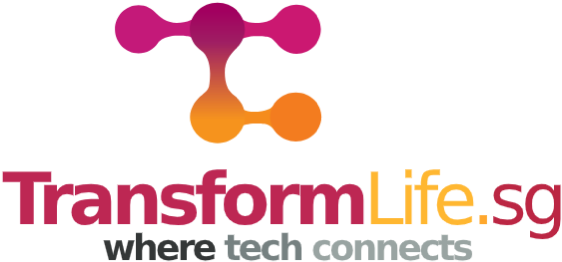- The stigma around flexible working arrangements is something that needs to be addressed. Our data shows that some employees feel that their professional growth and development would be negatively impacted when working from home. In India, 56 per cent of respondents believe there is a negative stigma associated with working from home, and almost half of respondents (49 per cent) in Singapore thought that the lack of face-time with their boss and senior team would slow their career growth. In this new hybrid world of work, companies can provide training for hiring managers and team leaders to remove these unconscious biases. We can then look at employee engagement, development opportunities and career progression through a new lens — one that puts people, their skills and achievements first, to create a workforce based on merit.
- Collaboration and communication is key to success. In Australia, Singapore and Japan, business leaders are already focused on enabling stronger communication and teamwork. In total, close to 75 per cent of leaders have already introduced, or are planning to introduce, training courses that facilitate collaboration and keep employees’ skills up-to-date.
- We can help to foster a conducive working environment at home. This means providing employees with a suitable office set-up, and helping them to adopt the skills they need to work remotely. Sixty-six percent of business leaders in India, and more than half of leaders in Australia and Singapore, recognise the importance of equipping staff with technology skills to navigate remote work.
- When it comes to creating flexibility in the workplace, company culture can make all the difference. It’s not just about the policies an organisation implements, but also fostering a culture of trust. At LinkedIn, we’re going to be embracing a more flexible approach to work — based on trust — which gives every employee and team the autonomy to decide what kind of home-office split works best for them. More often than not, you’ll find that people tend to be self-motivated to hit goals and deadlines when working in an environment where they feel trusted and valued — which also works great for business outcomes.
- Home
- Stories

Recent Post
-
STEPS TO REMEDIATE RISKS OF GENERATIVE AI
There are many benefits of generative AI tools like ChatGPT. In the first part o...
-
ENJOY THE BENEFITS OF GENERATIVE AI BUT BEWARE THE RISKS IT BRINGS
Artificial intelligence (AI) is making a deep impact on countries, societies and...
-
NO SWEAT KEEPING DATA CENTRES ENERGY-EFFICIENT IN HOT CLIMATES
Data centres, big guzzlers of electricity, can now brave tropical climates to be...
-
THE DIGITAL-GREEN ECONOMY: CHALLENGES AND OPPORTUNITIES
Digitalisation and sustainability are dual trends that are shaping the world tod...
-
GENERATIVE AI IS EVERYWHERE AND EVERYTHING AT ONCE, HOW TO MANAGE IT FOR PUBLIC GOOD
Hallucination is a disease. It is about seeing things that are not there. Or it ...
JOIN OUR MAILING LIST
Subscribe to our newsletter for the latest stories & updates.


Tell us about your thoughtsWrite message